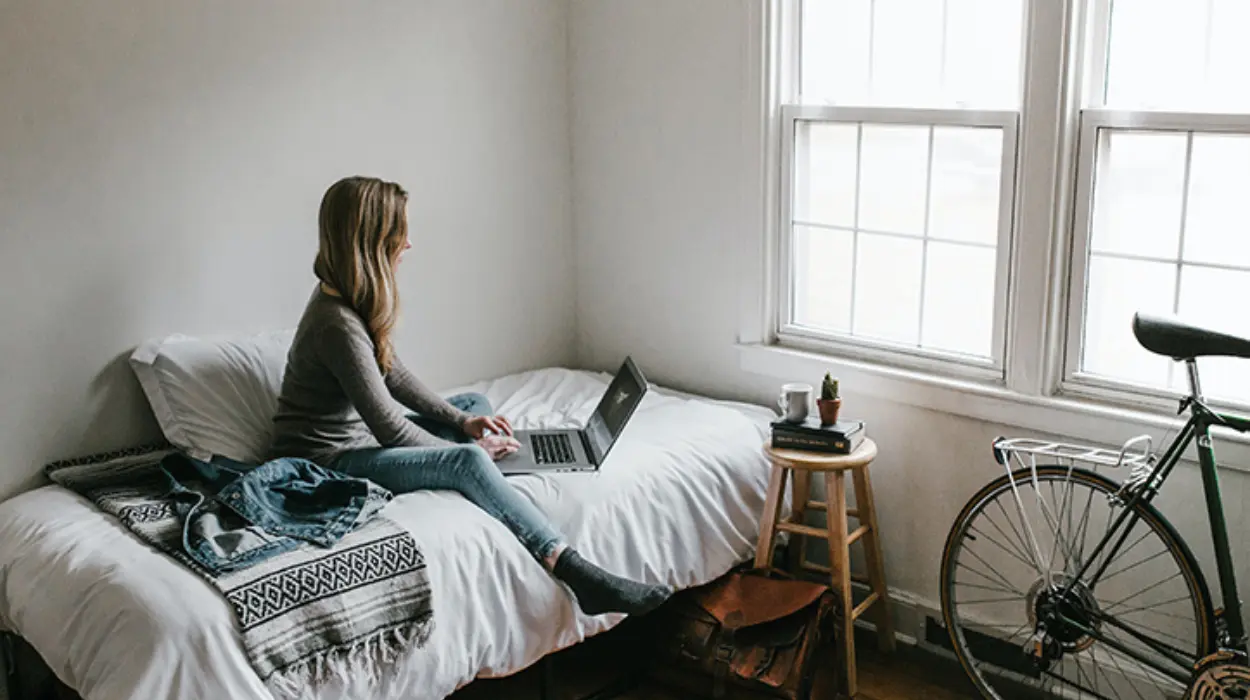London (Parliament News) – Exposed: Vulnerable Kids in Unregulated English Care Homes. Observer’s findings reveal 706 placed, prompting concerns about safety, oversight, and the need for urgent regulatory action.
As a consequence of a chronic shortage of places in the secure local authority in England, hundreds of extremely vulnerable school-age children are sent to illegal, unregulated homes every year. An Observer investigation has demonstrated that councils placed 706 children, the bulk of them under the age of 16, in their care in homes that were not documented with Ofsted, the children’s social care watchdog, in 2022-23.
Are Vulnerable Children Safe in Unregulated Homes?
According to the Guardian, most of the providers that staff or employ unregulated homes are private companies. The investigation discovered that providers accepted nearly £105m from English councils last year – correlating to almost £150,000 a child. It is a violation under the Care Standards Act 2000 to operate a children’s home without an Ofsted registration, which the watchdog states prevents unsuitable people from owning, operating or working in homes. However, the Observer has uncovered that Ofsted did not prosecute a single provider in 2022-23, despite establishing 845 investigations into suspected illegal children’s homes.
The children’s commissioner for England, Rachel de Souza, stated she was disgusted by the findings. “Some of these children will have experienced the worst trauma, abuse and neglect, with multiple and complex needs requiring genuine care – but instead they are placed in inappropriate settings which do not meet their needs, with little say in what happens to them, often miles from loved ones and sometimes denied basic rights like education.”
Are Unregistered Care Homes Endangering Vulnerable Children?
The prohibited care system has expanded in recent years as regional authorities have struggled to accommodate growing numbers of vulnerable children, who pose a threat to themselves or others or are being criminally or sexually manipulated. Many of these children, who often have troubled, traumatic pasts and records of running away and getting into dangerous situations, are subject to tribunal orders restricting their freedom, to keep them safe. However, there is a lack of secure local authority-run homes that can deliver therapeutic care in locked buildings. There are approximately 50 children each day awaiting a place.
As a consequence, family courts have to permit severe restrictions on children in unregistered homes, which range from rented possessions and short-term holiday lets staffed by agency workers and security guards to backed accommodations designed for older children with minimal care needs. The staff, who are frequently needed to restrain children, are not checked by Ofsted.
Is the Safety of Vulnerable Children Compromised?
The new figures, collected by the Observer and the charity Together Trust, deliver a 277% rise in numbers positioned in illegal children’s homes in England between 2020 and 2023. De Souza is especially worried about children deprived of their liberty in unrecorded placements: “These are the children with the highest level of need, in the country yet I often hear from children placed in makeshift, rented flats with no appropriate care in place.”
Few councils were ready to name the companies involved, but the Observer obtained payment records from a handful of local authorities. Swindon Borough Council positioned a child in a rented Airbnb property for a “short time” in 2022-23. The council stated it placed the child there, with qualified staff, while it examined for suitable accommodation. Another council hired staff that year from two security firms to work alongside care workers in illegal children’s homes.
Ofsted expressed it needed new powers to take measures against illegal providers, as it remained concerned that children were “at threat of harm” in unregistered homes. “The government pledged additional powers in 2021 that would enable us to take action against illegal providers more quickly – these powers are urgently required in the interests of children,” said a spokesperson.


